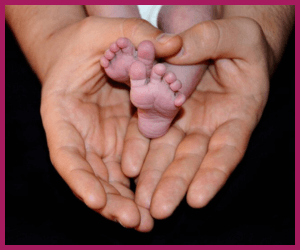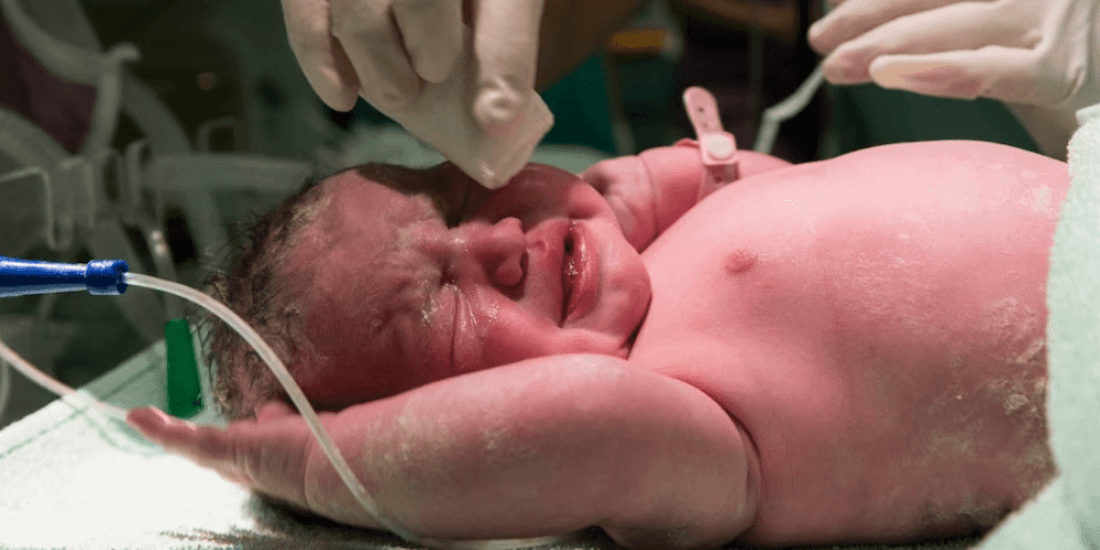How Egg donor agencies in India manage the entire process?
The trend of using donor eggs for IVF assisted conception isn’t new. As far as a country like India is concerned, this Assisted Reproduction Techniques are in use since decades. That said, for many couples in India, the path to parenting results in contemplation of using donor eggs, particularly in cases of unresponsiveness of various fertility treatments. In this sense, egg donation agencies are rather important as they give individuals unable of natural conception an alternative path. From donor recruiting to the last phases of egg retrieval and implantation, these egg donor agencies in India the difficult procedure. This post explores the operations of these agencies, with specific attention to Varanasi’s donor egg services and its importance there.
1. Recruitment and Donor Screening
The meticulous recruiting and exhaustive screening of possible egg donors comes first in the procedure under management of donor egg services in Varanasi. Agencies search for clean medical histories and healthy young ladies usually between the ages of 21 and 29. Moreover, advertisements, recommendations, and working with clinics are just a few of the several ways this recruitment might happen.
At the same time, potential donors then go through a thorough screening process. This may include psychological screening to make sure they are psychologically ready for the consequences of their donation. Apart from this, there will be medical tests to look for any diseases or genetic abnormalities, and fertility tests to assess their reproductive state. This guarantees that only the best and most fit applicants are chosen for donation, which is especially important considering Varanasi IVF treatment success rates.
2. Ethical and Legal Issues
Legal and ethical considerations of egg donation are also under control of egg donor agencies in India. They make sure that every activity follows Indian regulations and recommendations put through by the Indian Council of Medical Research (ICMR). Also, donors must sign consent paperwork outlining the voluntary nature of their donation and thereby renouncing any parental rights over the infant resulting from their donated eggs.
Should necessary, the authorities also protect the confidentiality and privacy of beneficiaries as well as donors. This legal structure guarantees the procedure is carried out with the best of ethics and responsibility in addition to safeguarding the engaged parties.
3. Synchronization of Cycles

Birth control pills and hormonal injections would be utilized in an IVF hospital in Varanasi to synchronize cycles using drugs. These medicines help to regulate the time of the cycle of the egg donor so that it exactly corresponds with the treatment plan of the recipient.
4. Retrieval of Eggs and Fertilization
The egg donor goes through the IVF clinic’s egg retrieval procedure following synchronization. Under sedation, this minimally invasive operation guides a needle across the vaginal wall to extract eggs from the ovaries using ultrasonic imaging.
Once obtained, the eggs are taken right away to a lab where they are fertilized using sperm either from a donor or a partner for the recipient. This crucial stage calls for exact management to guarantee the best possible rate of successful fertilization.
5. Embryo transfer process
Conducted in an IVF facility in Varanasi, the embryo transfer marks the last stage of the process. One or more embryos are chosen for transfer into the uterus following fertilization and development into embryos. This is a well scheduled procedure during the IVF treatment in Varanasi that increases pregnancy chances.
6. Support and Follow-up
The receiver is closely watched following the embryo transfer in search of pregnancy indicators. This covers ultrasounds carried out at IVF hospital in Varanasi as well as blood testing. Should the IVF cycle be successful, the recipient will keep receiving prenatal treatment during pregnancy.
Throughout the procedure, egg donor agencies in India also offer recipients and donors continuous assistance and counselling. This can involve handling emotional reactions to treatment results—whether or not they may turn out beneficial for the end purpose.
7. Control over Success Rates
Agencies have to realistically control their expectations in regards to the success rate. Although donor egg services in Varanasi have a really good success rate since they use young, healthy eggs, success is not guaranteed. Moreover, agencies make sure recipients are aware of all possible outcomes and the fluctuations in success rates based on different variables including age and health of the receiver.
Final words
Managing the complex procedure of egg donation and IVF treatments depends much on egg donor agencies in India, especially those providing donor egg services in Varanasi. From strict legal compliance and donor screening policies to technical IVF process coordination and post-procedural care, these organizations guarantee that every stage is handled professionally and with care. For many couples in Varanasi, these services are a necessary road to realise their dreams of parenting, guided sensitively and expertly from all sides.

